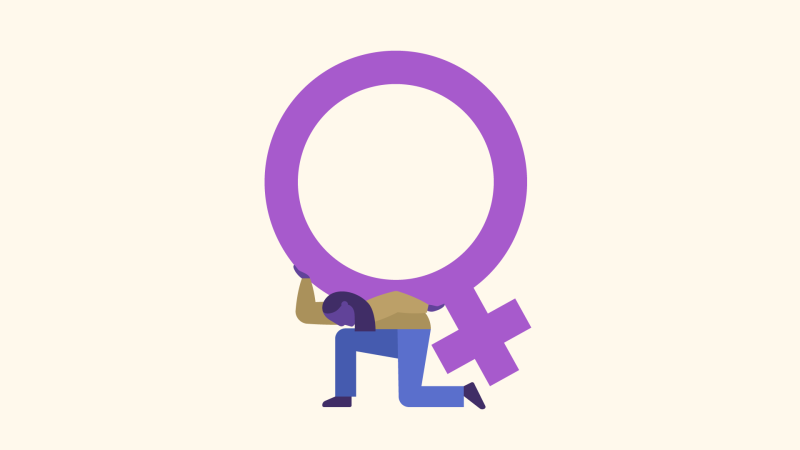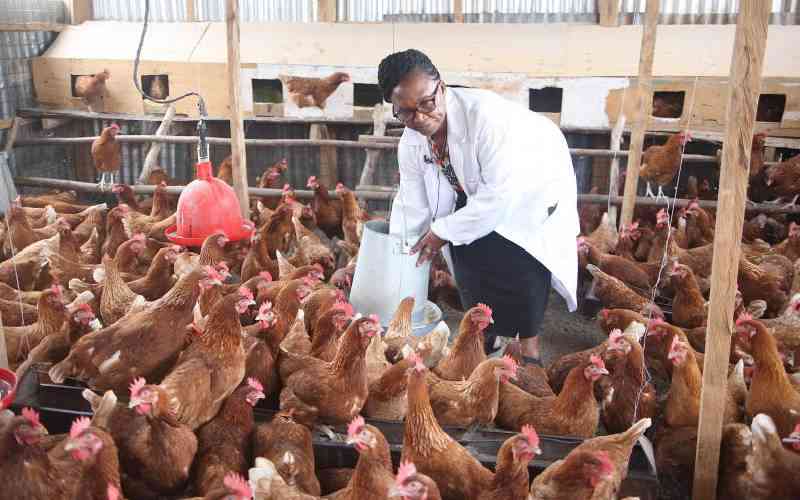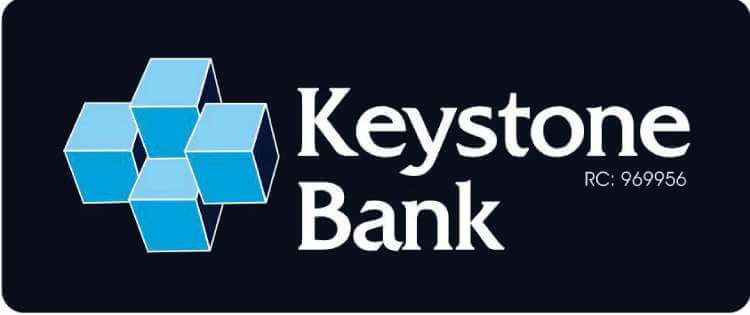International Women's Day 2025 Celebrations and Discussions

As Equals, a CNN series, emphasizes the persistent challenges women face in the workforce in 2025, including unpaid work, sexual harassment, violence, low wages, and the “motherhood penalty.” Despite some progress in global gender equality, men still predominantly hold the highest-paid positions, while women often handle routine tasks. Many women struggle to find stable employment, resorting to precarious jobs or informal economies to survive. Women disproportionately bear the burden of unpaid care and domestic work, highlighting global poverty's disproportionate impact on women.
Sally Roever of Women in Informal Employment: Globalizing and Organizing (WIEGO) notes that many economies fail to create enough jobs, and gender norms limit women's access to available positions, forcing them to create their own income. According to the International Labor Organization (ILO), informal and unregulated work is the most common globally, with women in the Global South predominantly involved. The International Monetary Fund (IMF) acknowledges the significance of informal work in advanced economies, encompassing roles like street sellers, unregistered taxi drivers, domestic workers, and day laborers. Women in the formal economy often lack the same legal rights as men, with numerous countries lacking laws mandating equal pay for equal work or prohibiting women from certain industries.
Women typically hold lower-paying roles and are more likely to lead in “traditionally female-centric” occupations, according to the ILO. For instance, women constitute 67% of the global health and social care workforce but hold only 25% of leadership roles, according to the World Health Organization (WHO). Emanuela Pozzan of the ILO highlights that women are frequently “stuck at the floor,” limiting diverse perspectives in decision-making processes and hindering societal progress. Women are over-represented in vulnerable employment types within the informal economy, such as domestic work, food production, and agriculture. Unpaid care work marginalizes women, depriving them of social protections and income stability.
CNN As Equals interviewed women from Tokyo to London for International Women’s Day, revealing the challenges they face as unpaid caregivers. The ILO estimates that 708 million women globally cannot enter the labor force due to unpaid care responsibilities, confirming that care responsibilities remain the primary reason women are not seeking or available for employment. Adriana Paz of the International Domestic Workers’ Federation (IDWF) notes that domestic work is often seen as a woman's role and safety risks are frequently overlooked. Homes, where most domestic work occurs, rarely have occupational health and safety standards to protect workers.
Pozzan of the ILO emphasizes that unpaid care work is vital to economic activity, enabling others to participate in the workforce. All workers face risks, but women, particularly in the informal economy of the Global South, face them more often due to the nature of their jobs. Domestic and factory workers risk exposure to toxic chemicals, industrial workers face extreme pain, and farmworkers risk prolonged sun exposure. Many women in agriculture, who comprise most rural smallholder farmers, lack formal recognition as farmers, denying them land rights. Gender-based violence and sexual harassment persist across sectors, impacting the overall economy. A 2017 CARE study in Cambodia found that nearly one in three women garment factory workers reported sexual harassment, leading to reduced productivity and high turnover, costing employers an estimated $89 million annually.
Women also face risks from technological and climate disruptions. Women’s jobs are more susceptible to automation due to typically holding low-skill positions. Climate change disproportionately affects women, increasing their burden in household management during extreme weather events. Women often work longer due to less access to state and social benefits. In the UK, women retire with significantly less pension savings than men, according to NOW: Pensions. Aura Sevilla from WIEGO notes that in developing countries, women often leave the workforce due to family responsibilities, and inadequate maternity policies leave many unprotected from income loss, reducing their overall wealth.
Experts, including Florian Juergens-Grant from WIEGO, suggest that women must often continue working longer than men due to longer life expectancies and the potential inability of male partners to work or their deaths. Investing in the care economy, changing the culture of care, and strengthening unions and worker protections are crucial for improving work conditions for women globally. Chryspin Afifu of the International Center for Research on Women advocates for quantifying care work as a public good to enable government subsidies for private care services and reduce financial burdens on women. Bogotá, Colombia, has implemented successful programs such as Care Schools for Men and “Care Blocks” to redistribute domestic care responsibilities and support caregivers.
Additionally, encouraging multinational brands to audit working conditions across their supply chains is essential. Many women in the garment and footwear industry prefer working from home due to care responsibilities or cultural reasons, but they often face low wages and poor working conditions. Strengthening unions and collectives is key to establishing better workers’ rights, exemplified by the Domestic Workers Union in São Paulo, Brazil, successfully negotiating a minimum wage above the national minimum and weekly rest periods for live-in domestic workers.
On International Women’s Day, various events globally highlighted both progress and ongoing challenges in achieving gender equality. A discussion featuring Bangladeshi women leaders, including Afeida Khandaker and Shaheen Anam MBE, emphasized the importance of amplifying women’s voices and supporting their roles in decision-making. British High Commissioner to Bangladesh Sarah Cooke reaffirmed the UK’s commitment to gender equality, emphasizing the importance of ensuring rights and freedoms for all women and girls. Speakers noted that while Bangladesh has made progress, challenges remain, such as low workforce participation, violence against women, and limited leadership roles.
Cultural institutions worldwide are committed to highlighting women's contributions to heritage through special programming. In France, national monuments will host events that shed light on often little-known female figures. The Centre des monuments nationaux (CMN) is presenting events tracing the role of women in the nation’s heritage, including conferences and guided tours at historic sites. These events aim to rediscover heritage from a new angle, celebrating women’s past achievements and offering them a space to assert themselves in cultural narratives.
International Women’s Day also serves as a time to acknowledge women’s achievements and contributions. Messages and quotes are shared to uplift and inspire women, honoring their strengths and resilience. Michelle Obama’s quote, “There is no limit to what we, as women, can accomplish,” encapsulates the spirit of the day. Celebrations include sharing images, cards, and GIFs to convey wishes for strength, success, and happiness. Common greetings include expressing appreciation for women’s inspiration, empowerment, and resilience.
Ultimately, International Women’s Day highlights the need for greater inclusivity in the workforce, emphasizing that true inclusivity requires equal opportunities, fair policies, and a culture that values diverse perspectives. Organizations are recognizing that gender diversity drives innovation and improves business performance. Reema H Kundnani of Brookfield Properties emphasized the importance of meaningful change, stating that “Great workplaces are built on diverse voices and strong cultures.” She added, “True inclusivity means breaking barriers and ensuring women have the opportunities they need to succeed.”










